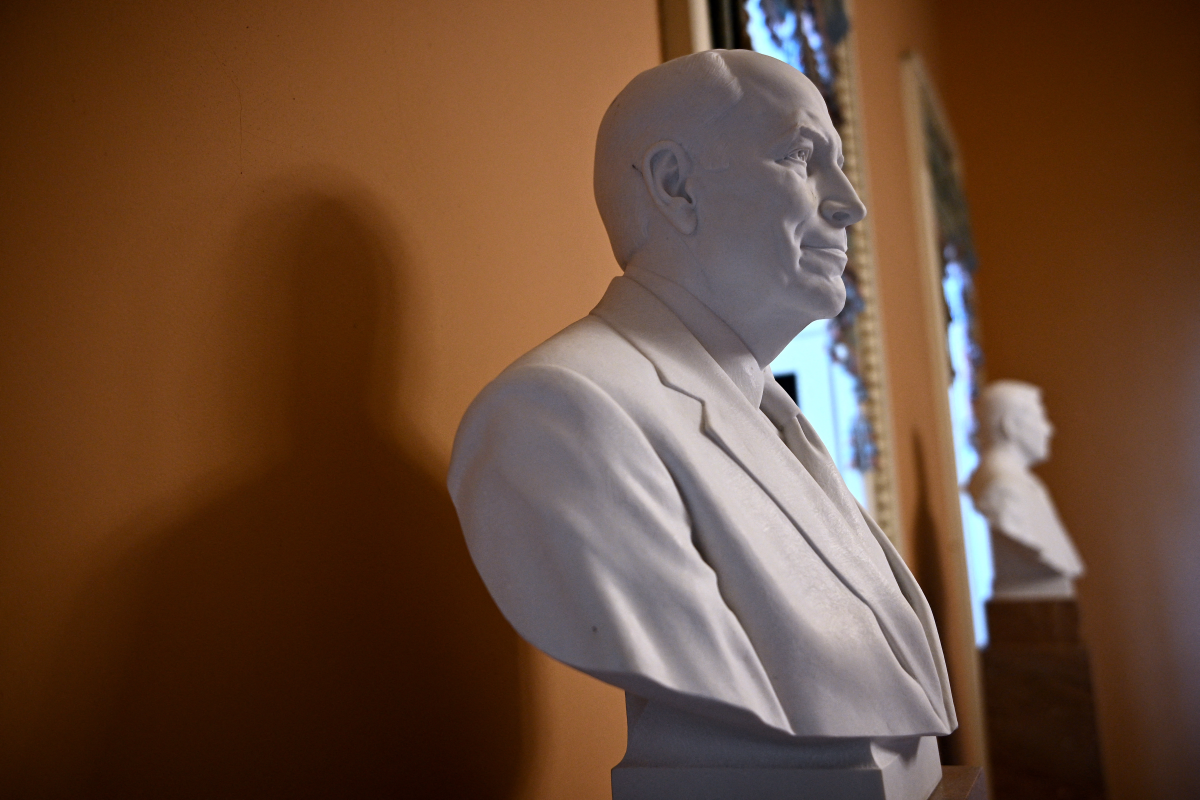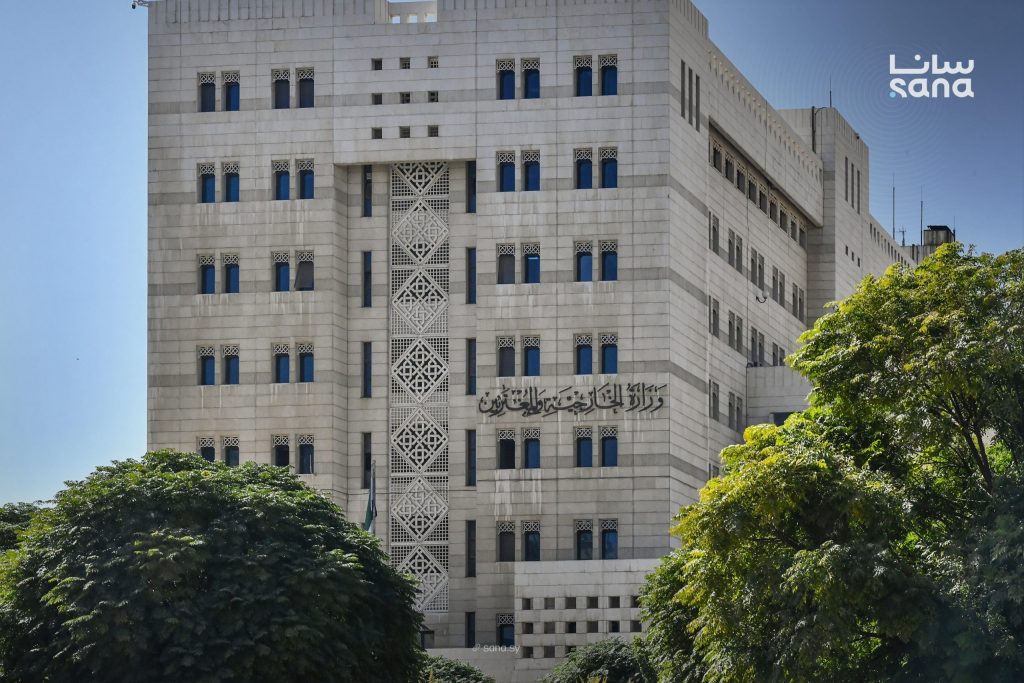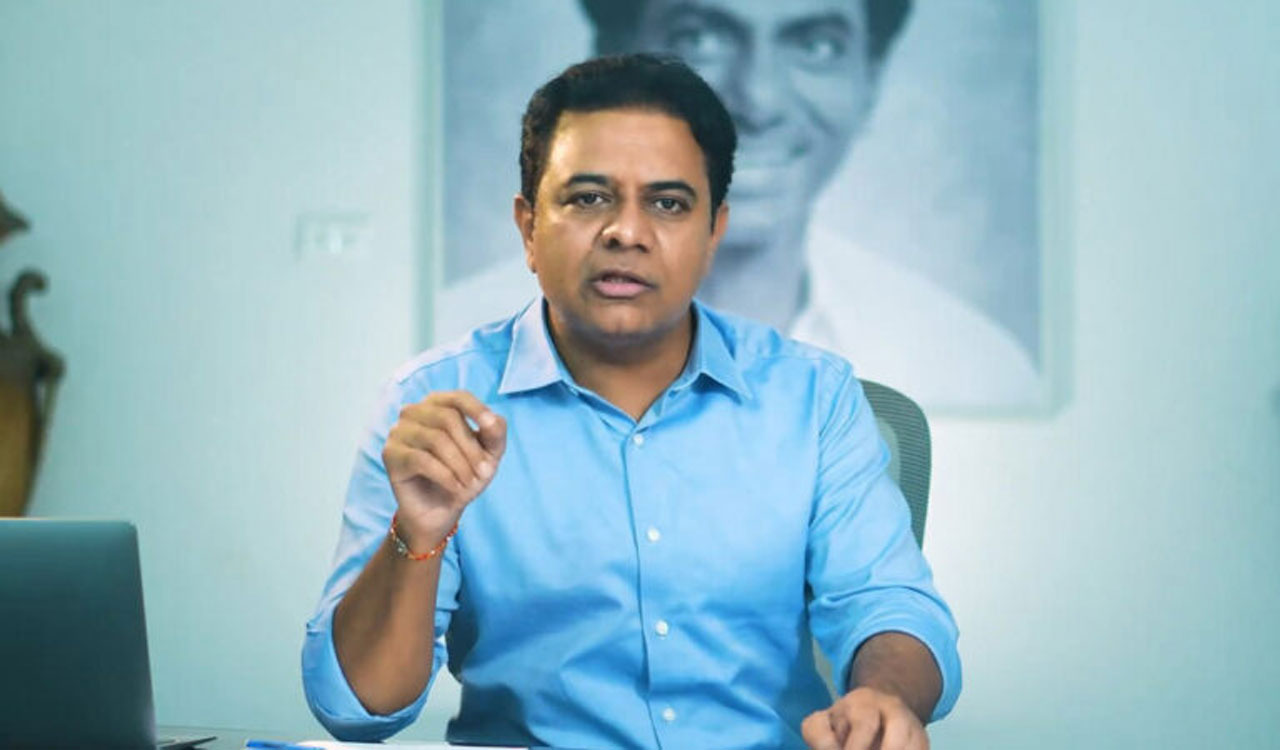Copyright Newsweek

The death of former Vice President Dick Cheney earlier this week has evoked divisive reflections across the United States toward one of Washington's most influential figures of the century. One of the key sources of contention lies in the central role that Cheney, who passed away Monday due to complications of pneumonia and cardiac and vascular disease at the age of 84, played as an architect of the U.S.-led invasion of Iraq in 2003. The intervention quickly toppled then-President Saddam Hussein, but the upheaval and subsequent policies of then-President George W. Bush's administration also brought a wave of unrest and insurgency that empowered Al-Qaeda, entrenched the influence of Iran and allied militias across Iraq and paved the way for the rise of the Islamic State militant group (ISIS) a decade later. Yet in Baghdad today, where Prime Minister Mohammed Shia al-Sudani faces a fiercely competitive election on Tuesday, the likes of which were unheard of under the decades-long reign of Saddam, officials view Cheney as a vital figure who helped usher in a new era of democracy, openness and a national revival increasingly taking hold in recent years following the defeat of ISIS. "Rest in peace," Iraqi government spokesperson Bassem al-Awadi said in a eulogy for the former U.S. vice president shared with Newsweek. "Without delving into the intentions behind actions, the change that took place in Iraq under your leadership and that of President Bush in 2003 was profound." "Despite all the events that followed, the transformations Iraq witnessed after the fall of Saddam’s regime were vast and astonishing, though many have tried to distort them to serve their own interests," Awadi said. "The numbers are remarkable, Mr. Dick Cheney, and too many to list here." A Legacy Debated Much has been said and written about the negative consequences of the Bush administration's decision to oust Saddam by force, a move taken under the pretext of an alleged Iraqi weapons of mass destruction program that never materialized in the fallout of the war. While many key figures—including Bush and then-Secretary of State Colin Powell—later expressed regret over the absence of WMDs and policy missteps, Cheney famously defended the invasion and the narrative around it in the following years. The war received vast nationwide support at the time, with some 73 percent backing military action following Bush's fateful 2002 State of the Union address, according to a poll conducted at the time by the Pew Research Center. By the 20-year anniversary of the war, however, a majority of 61 percent believed it was a mistake, according to a March 2023 Axios/Ipsos poll. Even President Donald Trump has frequently criticized the decision, going so far at times as to praise Saddam as an efficient opponent of terrorism and suggesting Iraq and the Middle East would have been better off had he stayed in power. Iraqis are even more divided on the matter. A survey published in April 2023 by Almustakilla, the Independent Institute of Administration and Civil Society Studies, the BBC and ORB International showed 48 percent saying their lives were worse off in comparison to the Saddam era, with 23 percent saying it was better and 29 percent saying there was no difference. Other metrics indicate more optimism under Sudani's administration. A Gallup poll published earlier this year found that 52 percent of Iraqis believed the country was heading in the right direction in January, up from 31 percent in August 2023 and just 18 percent in August 2022, two months before Sudani was appointed in the midst of a political crisis that unraveled the administration of then-Prime Minister Mustafa Al-Kadhimi. Awadi, for his part, felt staunchly that the nation owed its development on various fronts to the fall of Saddam, a trend he believes Cheney himself would appreciate. "Thousands of schools, dozens of hospitals, electric power, clean drinking water, roads, streets, and bridges, services reached neighborhoods that had long been shrouded in neglect and oblivion," Awadi said. "Technology, mobile phones, computers, and laptops became part of daily life, after being things the Iraqi citizen could only dream of before the fall of the regime." "Modernity, elegance, fashion, décor, restaurants, malls, and companies, how beautiful it would have been if you had visited Baghdad before your passing to see where it once was and what it has become," he added. Freedom Rings Perhaps the presence alone of such debate in Iraq is a testament to the magnitude of changes that can be traced back to core Cheney U.S. policies under. Awadi said that "above all else," the effects of the post-Saddam era, brought on by the U.S. invasion, can be witnessed through "freedom, yes, freedom, which is priceless." "Since 2003, Iraqis have lived, and continue to live, an unprecedented freedom, at the level of the state, the government, and the people," Awadi said. "A parliamentary democratic system, separation of powers, peaceful transfer of authority, resounding elections every few years, and a multitude of political parties, so many that many people now say, 'Enough democracy.'" "As for the people, freedom has become an inseparable trait of the Iraqi citizen: no compulsory conscription, no summons to wars, no travel restrictions, no arrest without a judicial order," he added. "They demonstrate whenever they wish, and express their opinions freely, no longer fearing walls, as they once did under Saddam’s rule." Awadi also acknowledges that the current system and the experiences are not immune to criticism. But he expressed confidence in his posthumous tribute to Cheney that the former vice president's legacy would be looked upon with gratitude. "We do not claim that the situation is perfect, unique, or free of flaws, problems, or obstacles," Awadi said. "But Iraq after the decision to overthrow Saddam is a new and different Iraq, one that would not have existed without your decision and that of President Bush." These decisions also live on today in the partnership that continues to exist between Washington and Baghdad, as Sudani told Newsweek in a recent interview ahead of his upcoming election. "We maintain relations with the United States as a strategic partner of Iraq," Sudani said. "It helped Iraq and the people of Iraq to overthrow the dictatorial regime and stood with us in confronting terrorism in the days of Al-Qaeda and ISIS. We fought together and we won together against terrorism. We presented a model for defeating ISIS on the global level. Iraq and the United States presented this model for defeating ISIS, which threatened the whole region and the entire world, not just Iraq. "Our coordination on security continues and we maintain a strategic framework agreement with the United States," he added. "It is a road map for closer and more diverse relations in all areas, not just in security and military." And despite Trump's past statements expressing affinity for Saddam, Sudani feels the current U.S. leader is uniquely positioned to deepen the war-forged bond between the two nations and support Iraq's ongoing transformation. "In my estimation, under the presidency of Mr. Trump, there is a real opportunity to build an ideal relationship between Iraq and the United States," Sudani said. "President Trump's powerful decision-making and the vision he possesses in developing economic relations makes it possible for us to invest in this characteristic for a development renaissance in Iraq, strengthen ties between the two peoples and at the same time make Iraq a stable economic center and a hub for the region and the world as well as a force for stability and security, combining all interests so that we may continue this stability."



